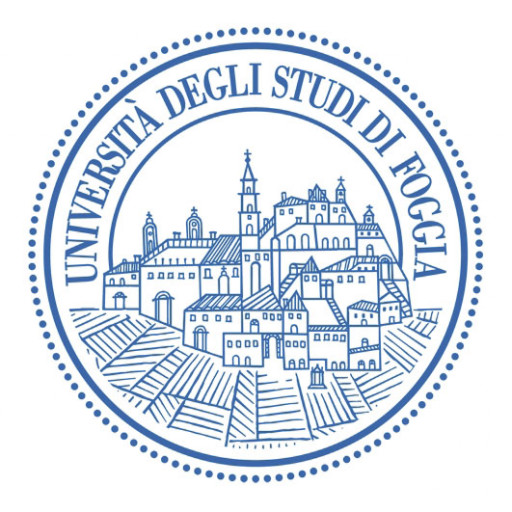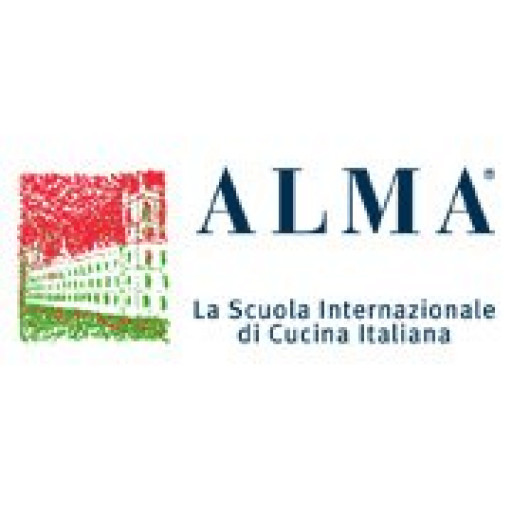The Biotechnology and Food Technology programme at the Slovak University of Technology in Bratislava offers students a comprehensive education in the fields of modern biotechnology and food processing technologies. This interdisciplinary programme is designed to prepare graduates for careers in the biotechnological and food industries, research institutes, and related sectors. Students will gain in-depth knowledge of biological systems, microbiology, biochemistry, molecular biology, and engineering principles, enabling them to develop innovative solutions for food production, preservation, and safety. The curriculum combines theoretical foundations with practical training, including laboratory work, simulations, and industry internships, ensuring graduates are well-equipped to meet the challenges of rapidly evolving technological environments. Courses cover areas such as fermentation processes, quality control, food safety management, genetic engineering, and sustainable manufacturing practices. The programme emphasizes the importance of ethical considerations, ecological sustainability, and regulatory standards within the industry. Students will also have opportunities to collaborate with industry partners and participate in research projects, fostering a proactive and innovative mindset. Graduates of this programme will be capable of designing and optimizing biotechnological processes, ensuring food safety compliance, and developing new food products with enhanced nutritional value and consumer appeal. The programme prepares students for further academic pursuits or direct employment in sectors such as food production, pharmaceuticals, biotechnological research, and environmental management. With a solid foundation in both biological sciences and engineering technologies, graduates will be able to contribute meaningfully to advancements in sustainable food production and biotechnological innovations worldwide.
The Biotechnology and Food Technology program at the Slovak University of Technology in Bratislava is designed to prepare students for a dynamic and interdisciplinary career in the fields of biotechnology, food science, and food safety. This academic program provides comprehensive knowledge and practical skills necessary to innovate and improve food production processes, develop new food products, and implement modern biotechnological methods in the food industry. Throughout the program, students explore the fundamental principles of molecular biology, microbiology, genetics, and biochemistry, which serve as the foundation for understanding complex biological systems and their applications in food production. Emphasis is placed on developing competencies in food process engineering, quality assurance, and sustainable food production practices to meet both industry demands and environmental considerations.
The curriculum combines theoretical coursework with practical laboratory work and internships in partner companies and research institutions. Students learn about the application of biotechnological techniques such as fermentation technology, enzyme technology, and genetic modification, which are crucial for the development of innovative and sustainable food products. The program also addresses important issues related to food safety, microbiological testing, and regulatory standards, preparing graduates to ensure the highest quality of food products for consumers. Interdisciplinary projects and teamwork are integral to the program, fostering collaboration skills essential for future professional practice.
Graduates of the Biotechnology and Food Technology program are equipped to pursue careers in various sectors including food industry companies, research and development, quality control laboratories, and governmental regulatory agencies. They acquire the ability to analyze, design, and optimize food production processes, as well as to evaluate the safety and nutritional value of food products. The program emphasizes the importance of innovation, sustainability, and ethical considerations in food biotechnology, ensuring that graduates are well-prepared to contribute to advancements in food science and technology. Furthermore, students have opportunities to participate in international exchanges and collaborative projects, broadening their perspectives and enhancing their professional networks. With a solid foundation and practical experience, graduates are ready to meet the challenges of modern food industry environments and to contribute to the development of healthier, safer, and more sustainable food solutions.
Program requirements for the Biotechnology and Food Technology master's degree at the Slovak University of Technology in Bratislava typically include a completed bachelor's degree in a related field such as Biology, Food Technology, or Biotechnology. Applicants are required to submit proof of English language proficiency, such as IELTS or TOEFL scores, unless their previous education was conducted in English. A curriculum vitae highlighting relevant academic and practical experience is also necessary. Additionally, candidates must provide motivation letters explaining their interest in the program and future career plans. Some programs may require letters of recommendation from academic or professional referees. Applicants may need to pass an entrance examination or interview, assessing their basic knowledge of biological sciences, chemistry, and engineering principles relevant to biotechnology and food technology. It is also common for applicants to demonstrate proficiency in the use of laboratory and analytical equipment, as practical skills are essential for the successful completion of the program. The selection process often considers academic transcript grades, relevant work experience, and motivation to pursue this multidisciplinary field. International students might be asked to provide a validation of their previous education and possibly undergo additional language or preliminary science assessments. The program emphasizes interdisciplinary knowledge in biological, chemical, and engineering disciplines to prepare graduates for careers in food industry, biotechnological research, and development sectors. To be accepted, applicants must meet specific entry criteria set by the university, which may include minimum GPA scores or prerequisite coursework. The university may also require a research proposal or statement of research interests to evaluate the applicant's motivation and alignment with the program's focus areas. Some requirements may vary depending on the applicant's educational background or nationality, hence applicants are advised to consult the official university admission guidelines.
Want to improve your English level for admission?
Prepare for the program requirements with English Online by the British Council.
- ✔️ Flexible study schedule
- ✔️ Experienced teachers
- ✔️ Certificate upon completion
📘 Recommended for students with an IELTS level of 6.0 or below.
Related Scholarships*
- Academic Excellence Scholarship
"The Academic Excellence Scholarship can provide up to a 50 % reduction in tuition per semester. These scholarships will be renewed if the student maintains superior academic performance during each semester of their 3-year Bachelor programme. The scholarship will be directly applied to the student’s tuition fees."
- Alumni Study Travel Fund
Scholarships for students who are already attending the University of Reading.
- Amsterdam Merit Scholarships
The University of Amsterdam aims to attract the world’s brightest students to its international classrooms. Outstanding students from outside the European Economic Area can apply for an Amsterdam Merit Scholarship.
* The scholarships shown on this page are suggestions first and foremost. They could be offered by other organisations than Slovak University of Technology in Bratislava.
The Bachelor’s degree program in Biotechnology and Food Technology at the Slovak University of Technology in Bratislava is designed to prepare students for careers in the rapidly evolving fields of biotechnology and food sciences. This program combines theoretical knowledge with practical skills, enabling graduates to contribute effectively to the development and improvement of food products, processing technologies, and biotechnological applications. The curriculum covers a wide range of subjects including microbiology, biochemistry, molecular biology, genetic engineering, food safety, quality assurance, fermentation technologies, and environmental sciences. Students are also introduced to modern laboratory techniques, data analysis, and project management skills necessary for research and industrial applications. The program emphasizes sustainable development and innovation, reflecting the current trends and demands of the industry.
Students have opportunities to participate in laboratory work, internships, and collaborative projects with industry partners, which enhance their practical understanding and prepare them for real-world challenges. The program is delivered by experienced academic staff with expertise in biotechnology, food technology, and related fields, ensuring high-quality education. Graduates of this degree can pursue careers in various sectors, including food manufacturing, quality control, research and development, regulatory agencies, environmental protection, and biotechnology companies. Furthermore, the program offers a solid foundation for those interested in continuing their studies at the master's level or engaging in research activities.
The program also aligns with European Union standards for higher education in science and technology, providing students with the mobility and recognition needed to work internationally. Equipped with comprehensive knowledge, critical thinking skills, and practical experience, graduates are well-positioned to contribute significantly to advancements in food safety, sustainability, and biotechnological innovation. The Slovak University of Technology emphasizes a modern, interdisciplinary approach, fostering creativity and problem-solving abilities among students. Overall, this degree aims to develop highly competent professionals capable of addressing contemporary challenges in food technology and biotechnology, supporting both local and global food industries and environmental sustainability initiatives.









